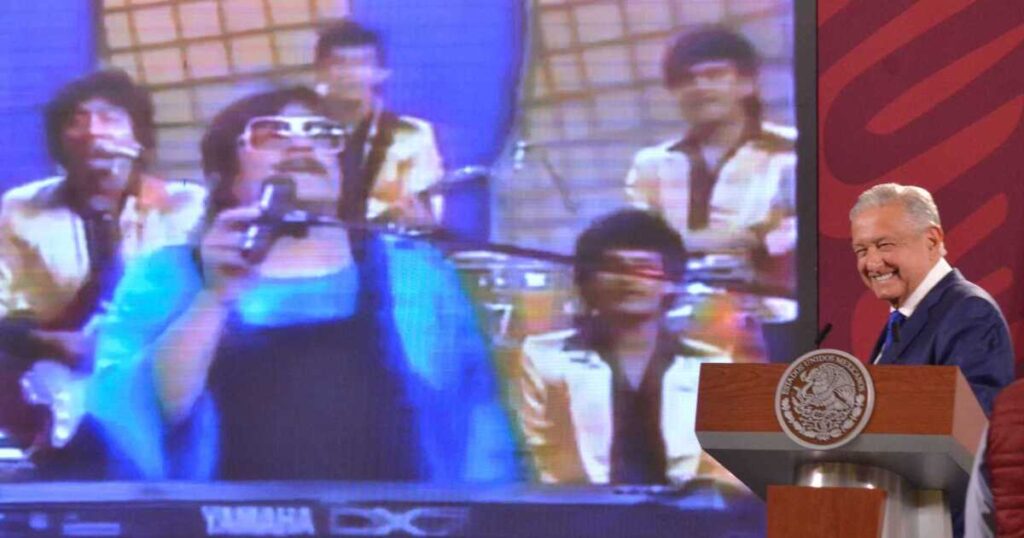Daniel Ortega’s rejection of a dialogue with the United States Government does not convince to some members of Nicaraguan civil society, who consider that an eventual negotiation is necessary to offer a way out of the socio-political crisis in Nicaragua. For this reason, they warn that the opposition movements and the international community must “continue to pressure” the regime until they generate the conditions that force it to negotiate.
The sociologist and director of Public Records, Javier Meléndez, commented that, at least in the United States, “a positive reaction” was expected from the regime to initiate a dialogue process, and recalled that the American newspaper The New York Times recently revealed that, last March, the regime of Ortega and Rosario Murillo, through their son Laureano Ortega Murillo, “quietly approached Washington” to seek a dialogue, although the agreed meeting never took place.
However, this July 19, Ortega pointed out that the dialogues with the US are to “put the noose around his neck”, and questioned: “What dialogue can there be with the devil?”.
Ortega’s blunt rejection “left me a little surprised,” warned Meléndez. In addition, “it causes me great concern” because “it is unfortunate that this closes the door to the release of political prisoners,” continued the sociologist.
For Ligia Gómez, former political secretary of the Sandinista Leadership Council at the Central Bank of Nicaragua (BCN) and today a researcher at Urnas Abiertas, Ortega’s public rejection of dialogue with the Joe Biden Administration is the way he has to maintain his line policy of “let’s go with everything” that applies since 2018.
In practice “they (the regime) cannot accept that they are open and have never closed the door to a dialogue that allows them impunity, that allows them to use their capital and allows them free movement. If they accept that they are open to a dialogue, they would cease to be Sandino’s heirs and would accept that they are guilty,” said Gómez.
In Gómez’s opinion, the door to dialogue “is still there,” but Ortega must maintain “his discourse towards his followers.”
Sanctions must force him to negotiate
For the academic and former member of the Civic Alliance for Justice and Democracy (ACJD), Ernesto Medina, “Nicaragua has no other alternative than dialogue” and although Ortega has no interest, it is necessary to create the conditions to force him to negotiate.
The sanctions of the international community “have affected” Ortega and his close circle, but it has been shown that “they are not enough,” Medina commented. In that sense, “I think it is time to carry out sanctions that are really going to cut off the flow of money that is supporting the regime and other types of more severe sanctions… That is what is going to make the stage for a dialogue possible.” , he continued.
In Meléndez’s opinion, “the alternatives for Nicaragua are very few,” but he considered that it should go “beyond the United States.” to “reinforce the isolation of the regime.” It is necessary to seek the support of “the Latin American governments that, in some way, represent the progressive left” and that have refrained from openly condemning the Ortega regime.
In that same order, Gómez valued that Ortega could be betting on continuing to suffocate the opposition to “negotiate while in a fairly apocalyptic situation”, in which he can obtain a certain advantage. “He is clear that all that is needed is to apply the Renacer Law and the Nica Act, the only thing missing is to affect Nicaragua’s trade with the US.”, he commented.
Medina insisted that the Nicaraguan opposition has “the enormous responsibility” of becoming an interlocutor with the international community to continue pressuring the regime. “We need a responsible opposition that agrees to form a group of people who can really serve as interlocutors for a dialogue,” she said.
Medina, Gómez and Meléndez —who participated as guests in a panel on the program Tonight— lamented the staging of July 19 in which Ortega, surrounded by a parade of the Sandinista Youth, pretended to give a lecture on the history of Nicaragua and did not even mention the triumph of the Sandinista Popular Revolution.
Victims of April: “Ortega wants to impose a clean slate”
Ortega celebrated the anniversary of the Sandinista revolution for another year in a private act, broadcast on the national radio and television network, in which no international president was present. The highest-ranking official to participate in the event was the Prime Minister of Saint Vincent and the Grenadines, Ralph Gonsalves.
So much so that Gonsalves was recognized with the Augusto Sandino Order in its highest degree, Battle of San Jacinto, in an act that included the dance and choreography of the Sandinista Youth. At the same time, he almost “exclusively” received Ortega’s speech, who constantly addressed him, in something closer to a history class, since in his long 40-minute speech he never referred to the reality of the country.
In addition to Gonsalves, the only international guests who attended the event were the ALBA representatives: Manuel Marrero, Prime Minister of Cuba; Carlos Farías, Foreign Minister of Venezuela; and Gerardo Torres, Vice Foreign Minister of Honduras; and the representatives of China, Ambassador Chen Xi; and Putin’s delegate and Russian deputy foreign minister, Sergei Riabkov.
For Susana López, from the Mothers of April Association (AMA), Ortega’s speech was “empty as always” because “it is far from reality.”
“This man is dedicated to teaching history class, at his convenience, in which he blames everything that happens on others; to the United States mainly and he does not say anything about the massacre and repression that he committed and continues to do against the people”, he affirmed.
For López, Ortega’s words only seek to “deny reality” because “what he wants is to impose his truth and that happens by imposing a clean slate that wants us all to forget the crimes they have committed.”
“We as victims of the repression are not going to stop until we see those who murdered our children on the bench,” he insisted.
This member of the Mothers of April is in exile in Costa Rica and denounces “that the siege persists for many relatives of the victims.” In addition, she reveals that more members of this organization have had to go into exile due to the new escalation of repression.
Victoria Cárdenas, wife of political prisoner Juan Sebastián Chamorro, explained that although no reference has been made to the situation experienced by the regime’s prisoners of conscience, “it is an undeniable reality.”
“These 190 political prisoners continue to be unjustly kidnapped and are innocent. That is the reality and it is an issue that is on the main agenda of the country, it is not going to go away and on the contrary, the international community must see that its human rights continue to be violated, ”he said.
Cárdenas stressed that they have not heard from her husband for 41 days, after the last visit in the first days of June. “In my particular case, together with my daughter, we have gone 408 days without seeing him, or knowing how he is, and the only thing we have been able to see is his spoken portrait thanks to the relatives who have been able to see him in the eight visits that have been allowed” , said.
“They continue to violate their human rights and that is the reality, even if they try to hide it,” added Cárdenas, who had to go into exile.


















